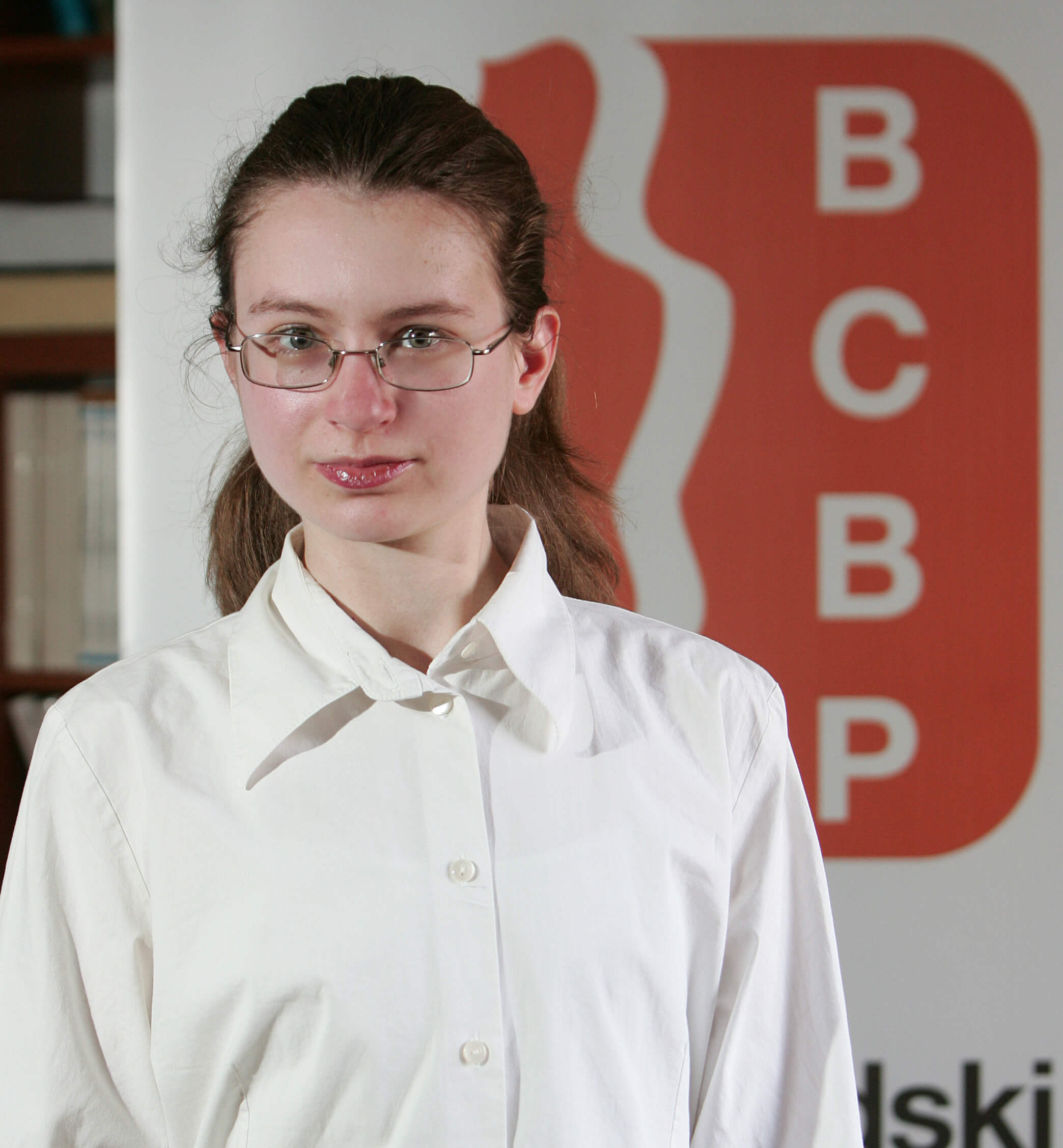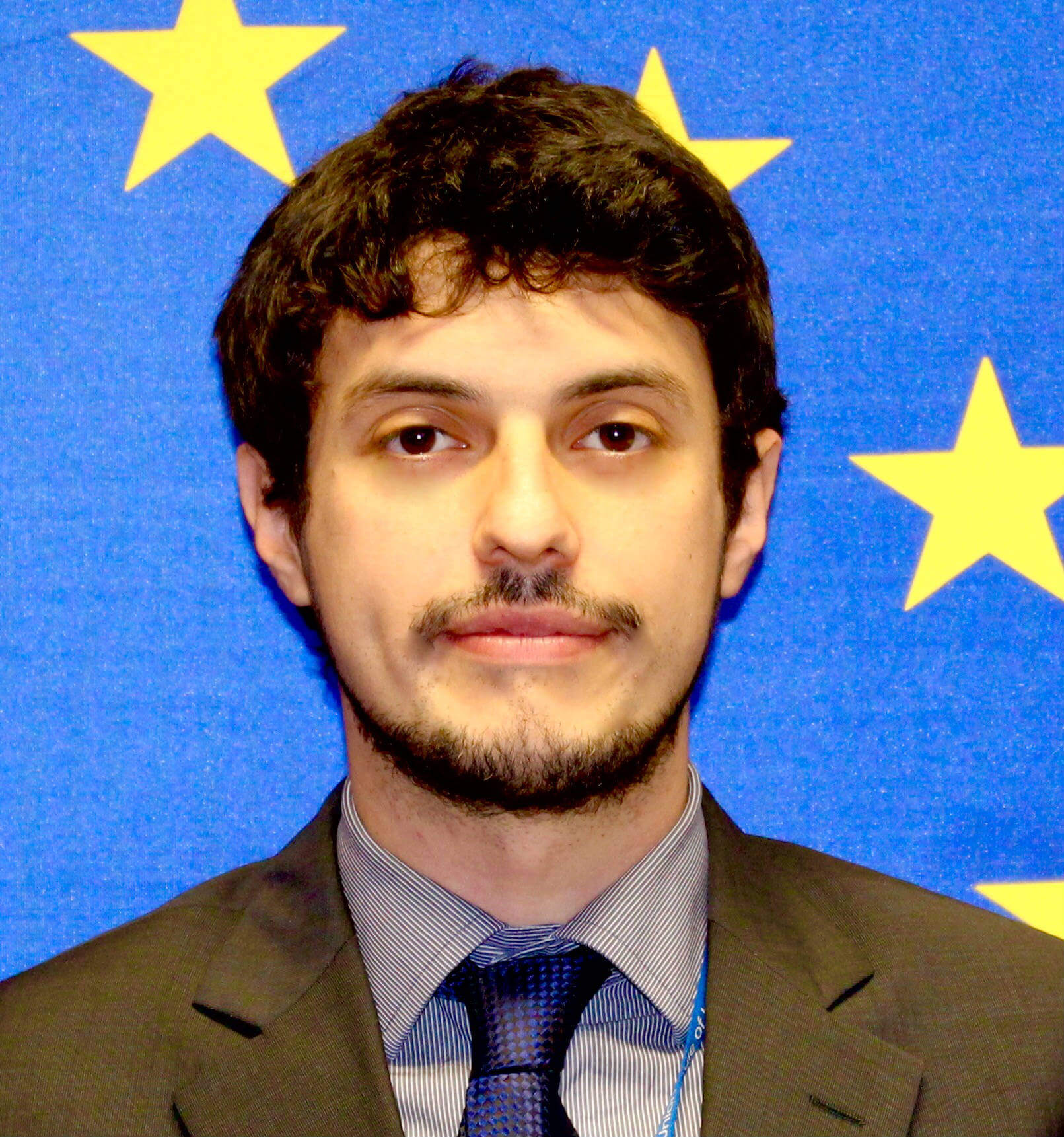Academic Panel 1: The EU as a Civil-Military Crisis Manager
The Academic Panel 1 will focus on civil-military synergies in the EU conflict prevention and peace-building. It will seek to discuss how to improve the effectiveness of EU crisis management, whether a more inclusive and consistent approach can strengthen the EU’s credibility as a peace-building and conflict management actor, and will also examine how dual-use technologies can contribute to EU’s efforts in civilian conflict prevention and peace-building.
Abstracts:
Civil-military Synergies in EU Conflicts Prevention and Peacebuilding – a Task-based Analysis
This paper presents a comparative study of civil-military synergies in EU conflict prevention and peacebuilding in the Western Balkans and the Horn of Africa. The paper approaches the subject of civil-military synergies through a task-based analytical design and provides a draft framework for assessing closeness of activities and local objectives in a peacebuilding context to suggest potentials for operational synergies.
The paper then reviews both formal and informal mechanisms through which civil-military synergies and coordination is currently sought between operational-level actors in EU’s engagements in the two case areas. The review focuses on on-ground activities and includes interfaces between EU’s own policy instruments as well as on-ground interfaces and coordination with other international organisations, local actors and the humanitarian community.
Finally, areas of notable successes as well as current unexploited potentials for operational synergies are outlined in order to propose recommendations for best practices and lessons learned in maximising both EU internal and external on-ground civil-military synergies in a coherent international response to crises.
Author: Katarina Đokić, Belgrade Centre for Security Policy
Improving the Effectiveness of EU Crisis Management: the CivMil Nexus
Contemporary military operations take place in complex environments populated by multiple civilian and humanitarian institutions and a challenging array of issues that are not precisely ‘military’ in nature. This has increased the importance of addressing and managing the civil-military interface in general, particularly that between the military and the humanitarian community. The establishment of its Common Security and Defence Policy (CSDP) has made the EU a unique strategic actor due to its ability to mix civilian and military crisis management instruments as part of an integrated approach.
Though the integrated approach aspirations that have caused tensions in many contemporary civil-military relations may be novel, the debate between purist and pragmatist conceptions of civil-military organization and purpose is long-standing.
Based on the theoretical framework provided mainly by Huntington and Janowitz, the paper will look into the EU’s crisis management structures and activities from an effectiveness perspective. It will therefore elaborate the crucial question how well the EU’s crisis management tools and instruments are applied in a comprehensive manner. This is of utmost importance since the transition from policy to practice has often been problematic, particularly in one of the most challenging relationships in that matrix: the civilian-military nexus (CivMil).
Author: Benjamin Zyla, University of Ottawa et al.
Civil-Military Synergy in EU External Action: How can this be enhanced through more inclusive approaches and local ownership?
The evolution of the European Union as a security and peacebuilding actor raises questions as to its identity as a largely civilian power alongside the development of its military capabilities. Specifically, a key challenge lies in how its civilian and military capabilities relate to each other as they develop, with increasing expectations from the EU to act effectively in conflict contexts. A key challenge is the proliferation of tasks it is expected to perform, and consistency of these across its peacebuilding and conflict prevention interventions. This paper aims to elaborate on concrete areas in which the EU can enhance its potential for civil-military synergies in crisis management to be more effective, especially at the operational level. It takes a holistic whole-of-society perspective, asking questions about the level of inclusivity and local ownership in its approaches. It explores ways in which local ownership and working with local civil society can be improved in the EU’s security sector reform efforts. The paper will take a closer look at the EUTM and EUCAP Sahel missions in Mali as a specific case. The article makes a case for a stronger focus on the inclusivity and local ownership aspects of civil and military action of the EU, to be able to better address the ‘intangible aspects’ of security sector reform.
Author: Gabriëlla Vogelaar, Global Partnership for the Prevention of Armed Conflict
Dual-use Support to Conflict Prevention and Peacebuilding. The Case of RPAS and Satellites
How can dual-use technologies contribute to European Union efforts in better undertaking of civilian conflict prevention and peace-building activities, in the framework of Common Security and Defence Policy? The proposed paper, part of deliverable 2.4 of the project EU-CIVCAP, aims to shed light on this question through an empirical analysis on selected dual-use technologies and their use in civilian missions through a four-step approach. Firstly, key dual-use technologies will be considered, with a focus on RPAS and satellites. Secondly, the analysis of these technologies will be conducted in relation with their use in the European Union CSDP missions. Third, the research will focus on the selected dual-use technologies owned by EU Member States. By relating the considered dual-use technologies with a range of missions and operations, the paper aims to provide an assessment of their possible use in current and future activities of conflict prevention and peace-building.
Author: Cristian Barbieri, Istituto Affari Internazionali (IAI), Rome






